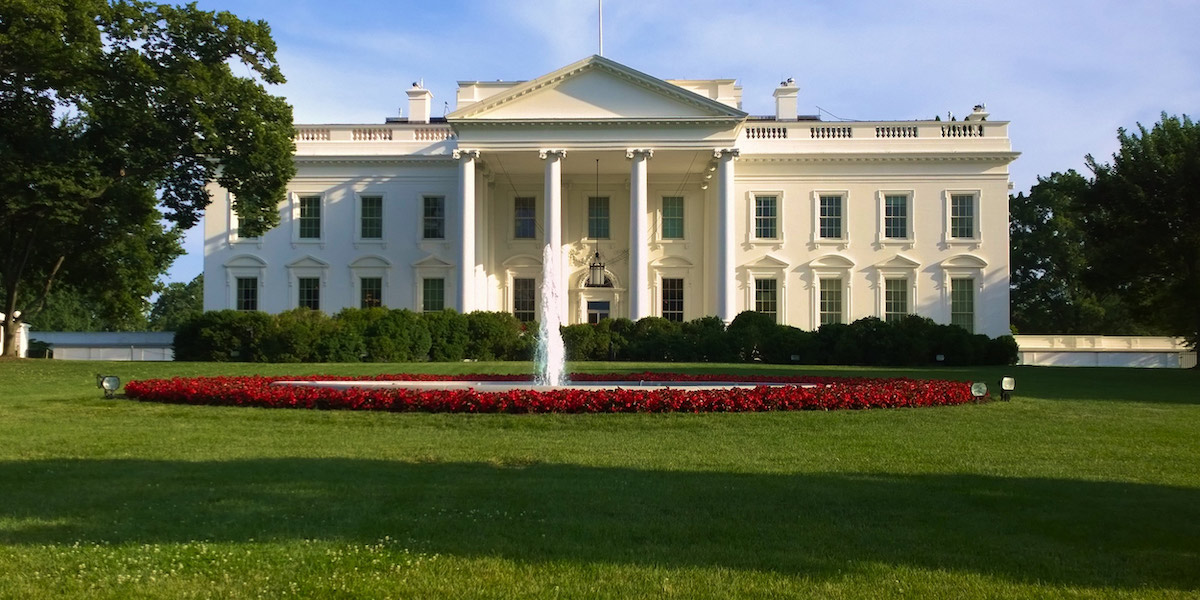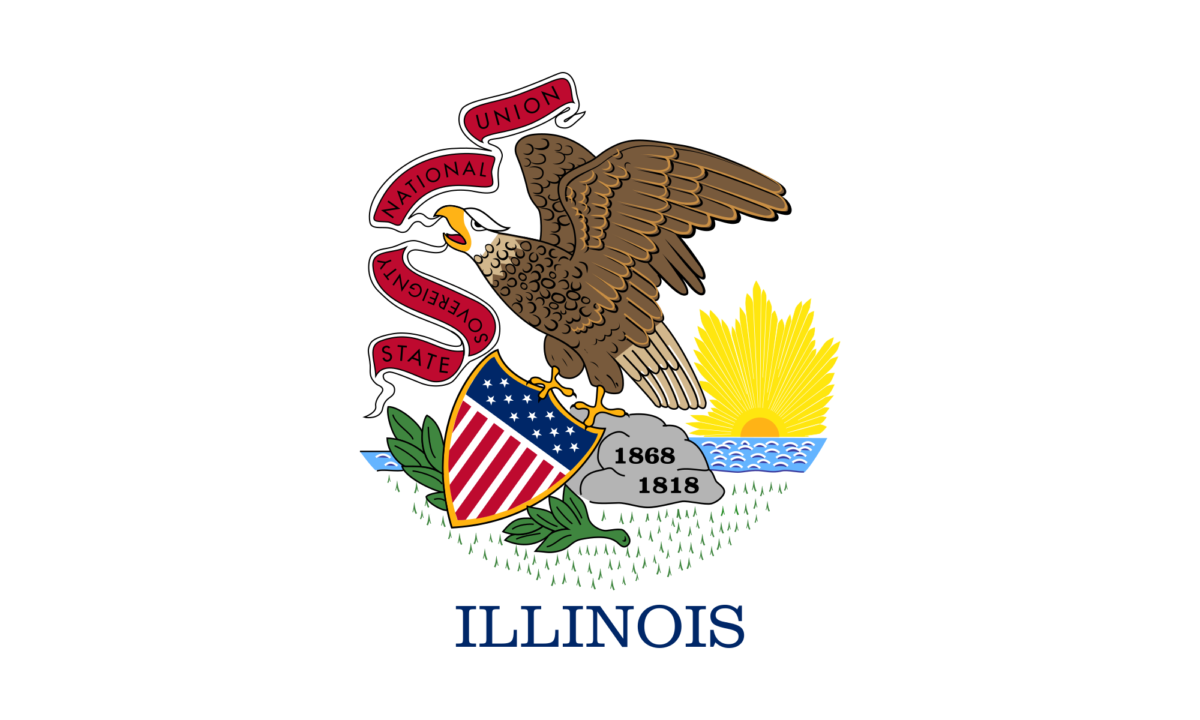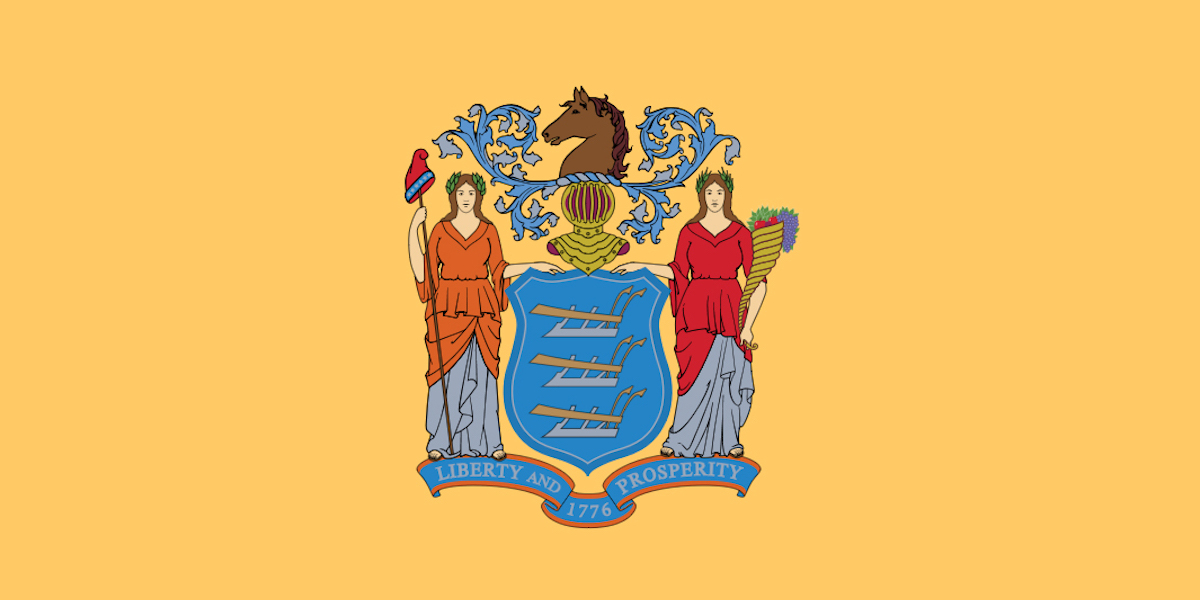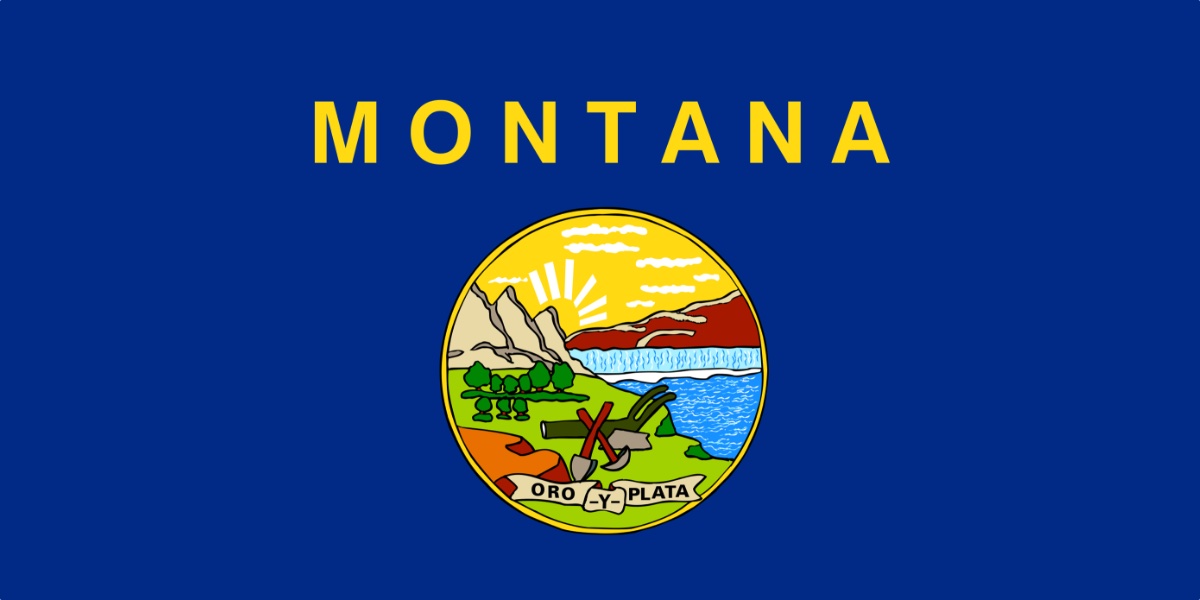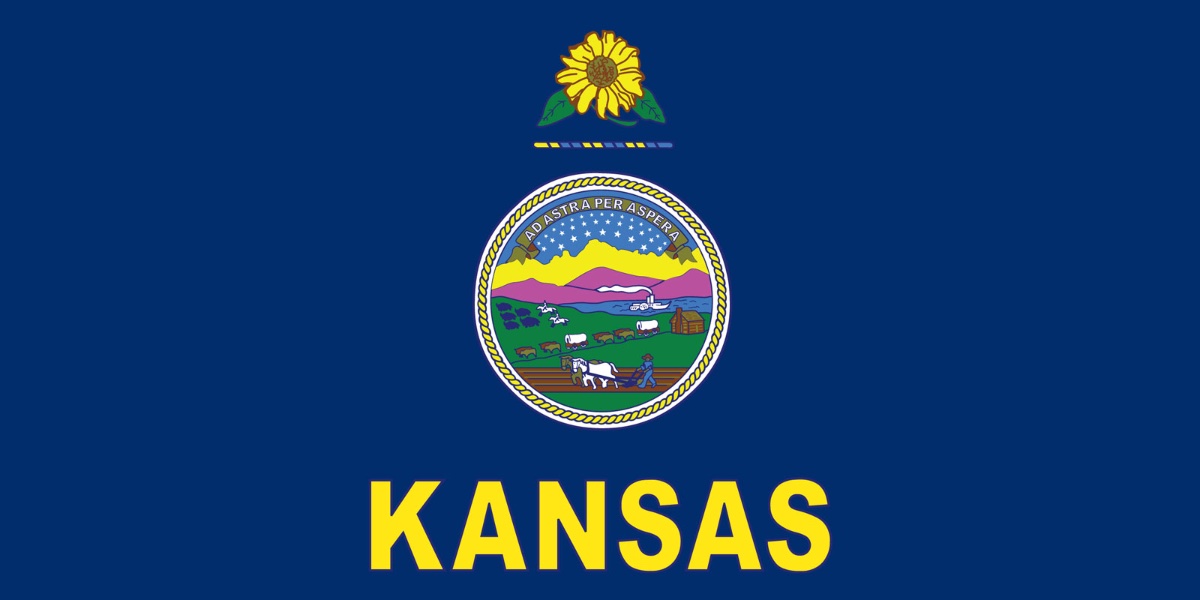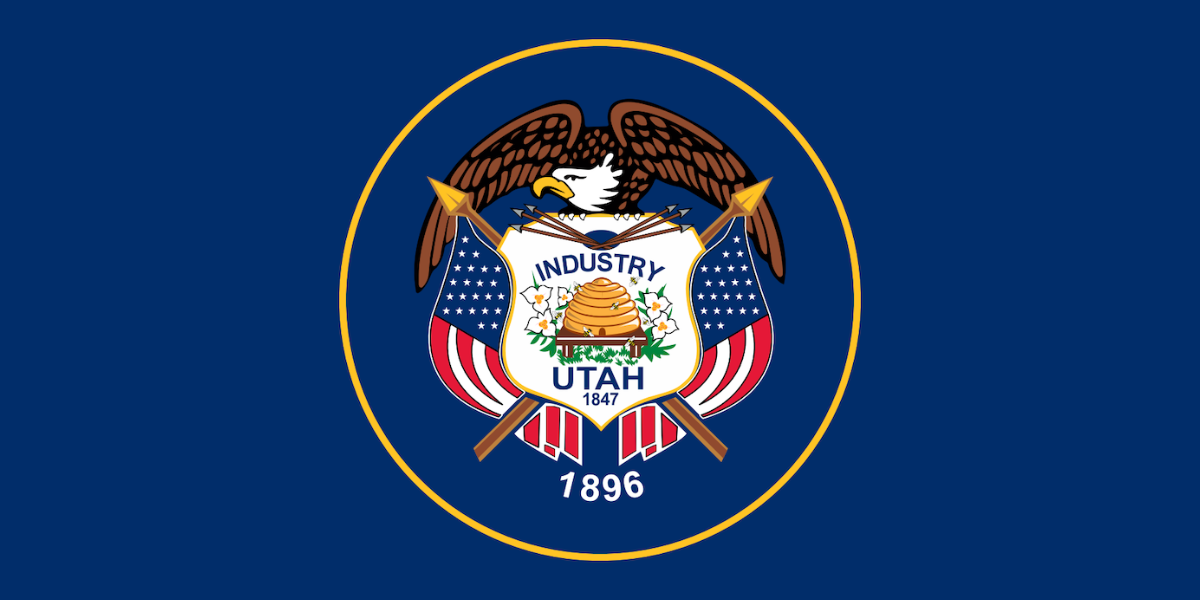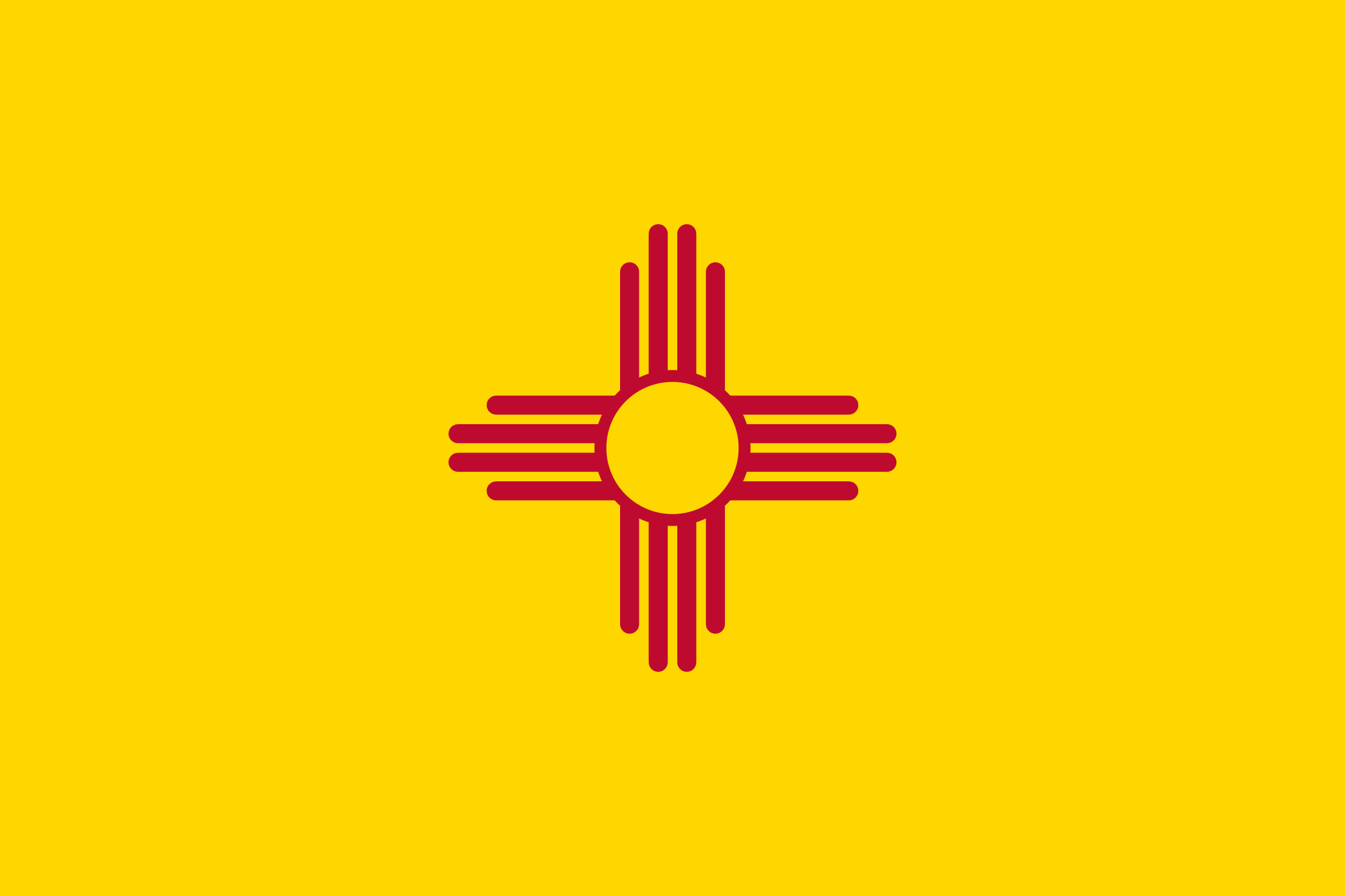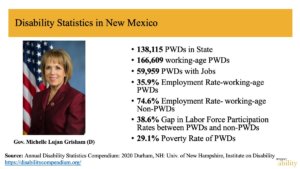The White House outlines framework for the Build Back Better Act, but what does it mean for 56 million Americans with disabilities?
Washington, D.C., October 30 – As October slips into November, the White House is working hard with Congressional leaders to finalize the details, priorities and projects to be funded by the forthcoming Build Back Better Act. After extensive meetings in recent days, a new framework was announced for the forthcoming legislation.
“This framework will guide the drafting of legislative language,” the White House said in a prepared statement released along with the framework. “When enacted, this framework will set the United States on course to meet its climate goals, create millions of good-paying jobs, enable more Americans to join and remain in the labor force, and grow our economy from the bottom up and the middle out.”
This framework has the potential to impact the lives of millions of Americans with disabilities in significant ways through new investments in childcare, health care, and education. However, given how much of this bill is up in the air, a critical question needs to be asked: what specific pieces of this framework directly touch on disability issues?
